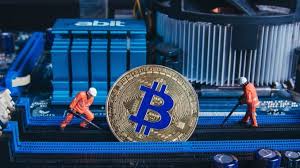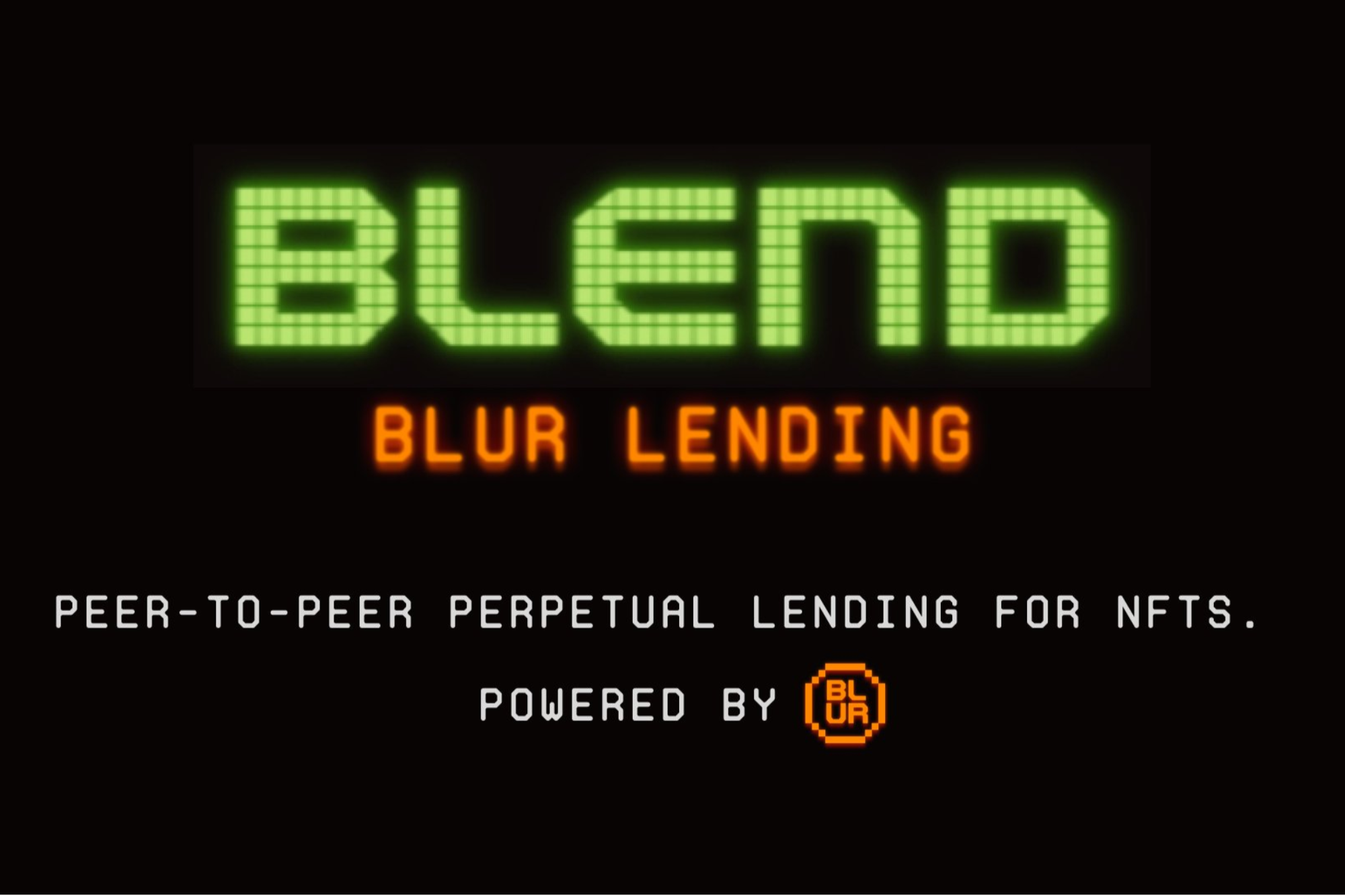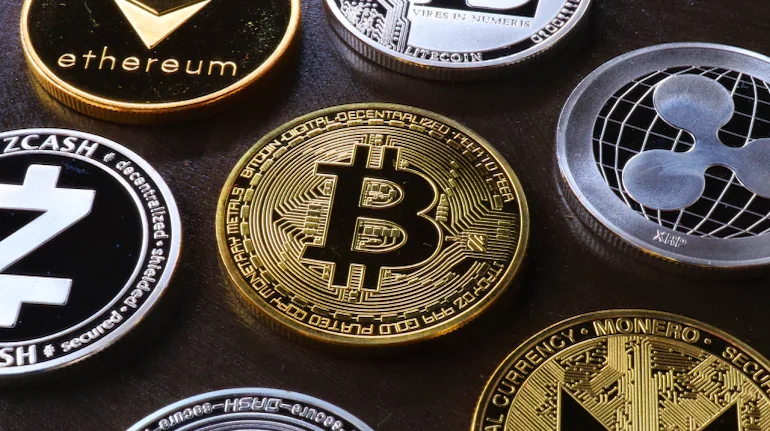A Complete Guide to Bitcoin Mining
Bitcoin mining is a fundamental process that plays a key role in the operation and security of the Bitcoin network. As the backbone of the cryptocurrency, it involves complex computations that validate transactions and introduce new bitcoins into circulation.

Bitcoin mining is an essential process that underpins the Bitcoin network, facilitating transaction verification and the creation of new bitcoins. This guide provides an in-depth look at what Bitcoin mining entails.
The Basics of Bitcoin Mining
At its essence, Bitcoin mining involves solving complex mathematical equations to validate transactions on the Bitcoin network. Miners use powerful computers to compete in solving these puzzles, and the first to succeed gets to add a new block to the blockchain—a public ledger that records all Bitcoin transactions.
The Function of Miners
Miners serve a crucial role in the Bitcoin ecosystem. They ensure that transactions are legitimate, prevent double-spending, and help maintain the decentralized nature of the network. In exchange for their efforts, miners receive rewards in the form of newly minted bitcoins and transaction fees.
Mining Difficulty and Rewards
The difficulty of mining adjusts roughly every two weeks to maintain a consistent rate of block creation. Initially, miners earned 50 bitcoins for each block they mined, but this reward halves approximately every four years in an event known as "halving." Currently, the reward is set at 6.25 bitcoins per block.
Mining Equipment
To mine Bitcoin effectively, individuals typically utilize specialized hardware called ASICs (Application-Specific Integrated Circuits). These devices are optimized for mining, providing significantly more processing power than standard computers.
Environmental Impact
Bitcoin mining has garnered attention for its substantial energy consumption. The high computational power required for mining raises concerns about its environmental footprint. As a result, many miners are now seeking sustainable energy solutions to reduce their impact.
Bitcoin mining is a fundamental aspect of the cryptocurrency landscape, ensuring secure transactions and the ongoing operation of the network. As technology advances, miners continue to evolve, adapting to new challenges and opportunities in the space.
An In-Depth Look at Bitcoin Mining
Bitcoin mining is a vital process that supports the Bitcoin network by validating transactions and generating new bitcoins. This guide explores the intricacies of Bitcoin mining.
Fundamentals of Bitcoin Mining
At its core, Bitcoin mining consists of solving intricate mathematical problems to confirm transactions on the Bitcoin network. Miners utilize high-performance computers to compete in solving these challenges, with the first successful miner gaining the privilege to add a new block to the blockchain, which is the public ledger documenting all Bitcoin transactions.
The Importance of Miners
Miners are essential to the Bitcoin ecosystem. They validate transactions, prevent double-spending, and uphold the decentralized structure of the network. In return for their contributions, miners earn rewards in the form of newly created bitcoins and transaction fees.
Adjusting Mining Difficulty and Rewards
Mining difficulty is recalibrated approximately every two weeks to ensure a steady rate of block generation. Initially, miners received 50 bitcoins for each block mined, but this reward is halved roughly every four years during an event known as "halving." The current reward is 6.25 bitcoins per block.
Required Mining Equipment
To effectively mine Bitcoin, individuals generally employ specialized hardware known as ASICs (Application-Specific Integrated Circuits). These devices are specifically designed for mining, offering significantly greater processing power than conventional computers.
Environmental Considerations
Bitcoin mining has come under scrutiny due to its considerable energy consumption. The high computational demands of mining raise concerns regarding its environmental impact. Consequently, many miners are exploring renewable energy options to lessen their ecological footprint.
Final Thoughts
Bitcoin mining is a crucial element of the cryptocurrency ecosystem, facilitating secure transactions and the ongoing functionality of the network. As advancements in technology occur, miners are continually adapting to meet new challenges and seize opportunities within the industry.
What's Your Reaction?














